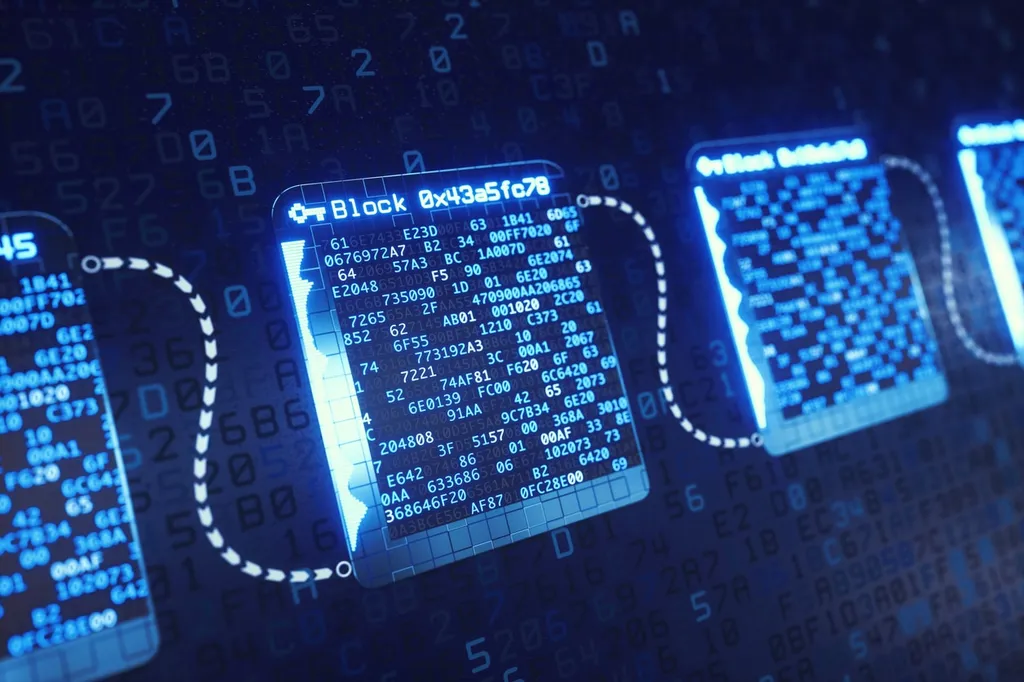Researchers from the Universidad Carlos III de Madrid have developed a blockchain-based framework designed to enhance the security and resilience of Federated Coalition Networks (FCNs), a critical component in modern military operations. Jorge Álvaro González, Ana María Saiz García, and Victor Monzon Baeza have proposed a system that leverages blockchain technology to address the growing challenges of interoperability and data security in multinational defence scenarios.
In an era where global cooperation is essential for effective military operations, FCNs enable different nations to collaborate while maintaining control over their individual systems. However, this level of interoperability demands robust security measures to protect sensitive information shared across diverse tactical assets. The researchers argue that blockchain, with its decentralised and tamper-proof nature, offers a compelling solution to these security challenges.
The proposed framework is designed to enhance the management of FCNs by ensuring secure and transparent communication between coalition partners. By integrating blockchain technology, the system can provide a high level of encryption and data integrity, making it difficult for adversaries to compromise the network. This is particularly important in tactical scenarios where the integrity of shared information can directly impact mission success.
The researchers have outlined a guide to FCN design, aiming to help a broad audience understand the complexities of military networks in international missions. They illustrate their framework through a use case and key functions applied to a proposed architecture. This practical approach not only demonstrates the feasibility of the system but also highlights its potential to revolutionise secure communications in defence operations.
To validate the effectiveness of their framework, the researchers evaluated its performance in information encryption. The results indicate that the blockchain-based system can significantly enhance the security of FCNs, providing a resilient and reliable solution for managing sensitive data in multinational military operations. This research underscores the transformative potential of blockchain technology in the defence sector, paving the way for more secure and efficient coalition networks.
The implications of this research extend beyond military applications, offering insights into how blockchain can be leveraged to improve security in other high-stakes environments. As nations continue to collaborate on complex missions, the need for robust and secure communication frameworks will only grow. The work of González, Saiz García, and Monzon Baeza provides a timely and innovative approach to addressing these challenges, setting a new standard for secure communications in the defence sector. Read the original research paper here.

